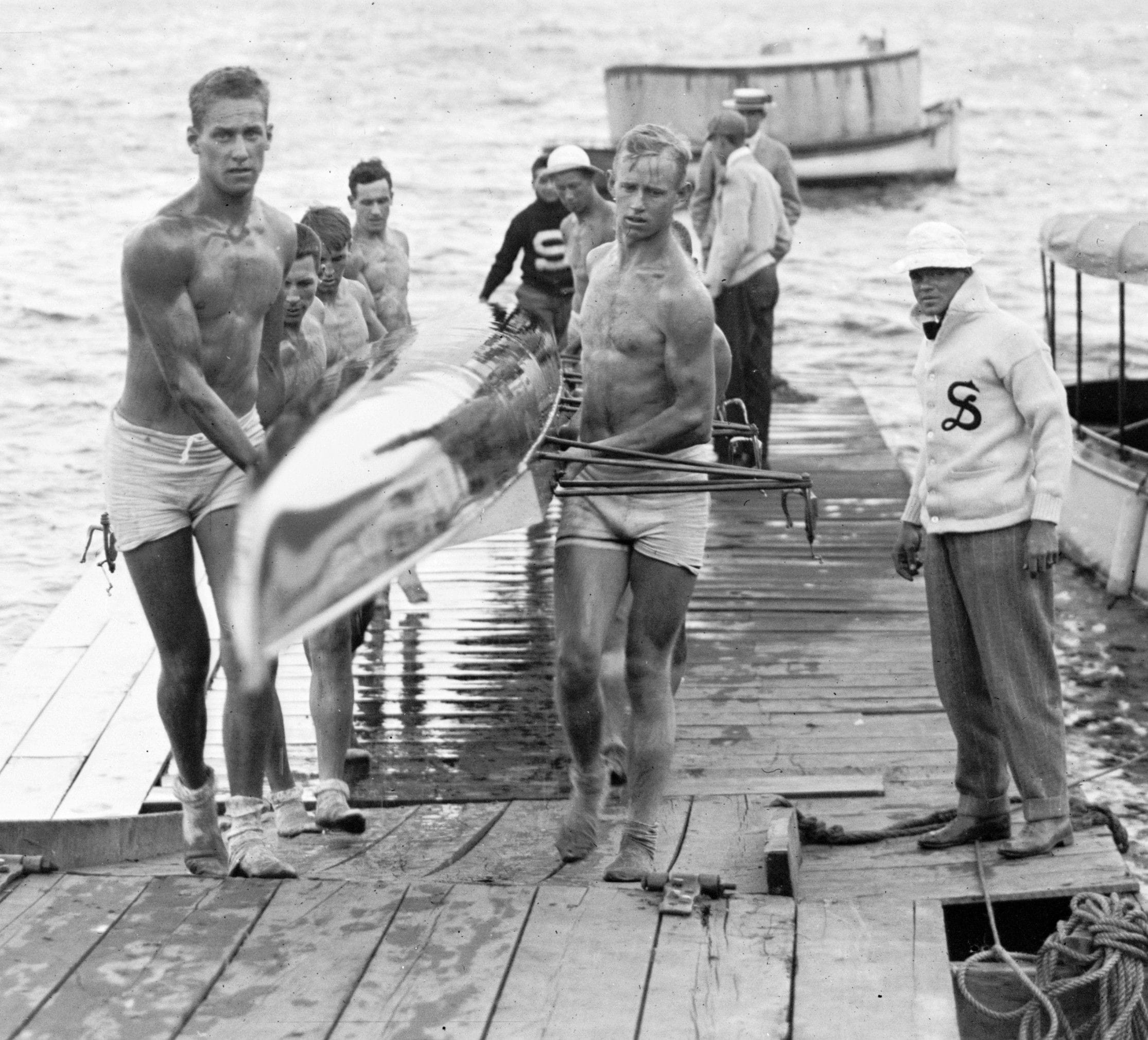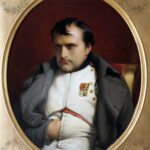Embark on an incredible journey with Don Hume, a quiet powerhouse among the legendary “Boys in the Boat.” Delving into his personal diaries and historical archives, we’ll uncover the untold story of a man whose unwavering determination propelled him to Olympic glory in 1936. From his Pacific Northwest upbringing to the pinnacle of athletic achievement, Don Hume’s story is a testament to resilience and the indomitable spirit of a true champion.
## Unearthing the Legacy: From Puget Sound to Olympic Gold
Don Hume wasn’t simply another name in the boat; he was a driving force within “The Boys in the Boat,” a testament to quiet strength and unwavering dedication who etched his name in Olympic history. His narrative transcends victory; it embodies the spirit that pushes us beyond perceived limitations, revealing the extraordinary attainable through unwavering dedication.
Raised amidst the breathtaking landscapes of the Pacific Northwest, Hume’s connection to water was practically innate. The Puget Sound became his training ground, where he mastered the art of rowing, his boat gliding through the water with an almost ethereal grace. By the time he reached the University of Washington, his talent was undeniable, leading his university team to consecutive national championships in 1936 and 1937.
However, the path to greatness is rarely without obstacles. The 1936 Berlin Olympics, a defining event in his career, presented an unprecedented challenge. Imagine the weight of national expectation compounded by a relentless fever and persistent chest cold. Many would succumb to such adversity, but not Don Hume. He summoned a wellspring of inner strength, pushing his team toward a shared goal: victory in the men’s eight rowing event. Against all odds, they secured the gold medal, a display of grit and determination for the ages.
Hume’s story transcends athletic achievement; it’s the story of a life lived with purpose and passion. He served his country valiantly during World War II, later channeling his leadership into the mining and oil exploration industry, eventually ascending to the role of president of the West Coast Mining Association. As if conquering the corporate world wasn’t enough, he possessed a hidden talent: playing the piano with the same fluidity and grace he exhibited on the water.
What truly distinguishes Hume’s story is the intimate window it provides into a bygone era. His meticulously kept diaries offer a captivating firsthand account of the 1936 Olympics, capturing not just the thrill of competition but also the social and political climate of a turbulent time. These diaries are more than athletic records; they are a poignant reflection of history through the eyes of a remarkable individual.
Don Hume’s legacy serves as a powerful reminder that every story holds depths beyond initial perception. He was more than just a rower; he was an artist, a scholar, a patriot. His story continues to resonate, inspiring generations of athletes and dreamers to pursue excellence in all its forms.
## Unveiling Rowing’s Elite: A Deep Dive into the “Greatest of All Time” Debate
Now that we’ve explored the remarkable journey of Don Hume and the legendary “Boys in the Boat,” a new question arises: who truly deserves the title of “greatest rower of all time?” This question has fueled countless debates among rowing enthusiasts and historians alike.
Determining the “greatest” in any sport is a complex endeavor, often fraught with subjectivity. Do we prioritize Olympic gold medals, world records, or the overall impact on the sport? Should we compare rowers across different eras, considering the evolution of training methods and technology?
Some might argue that objective measures like winning streaks and record-breaking times should be the deciding factors. Others might prioritize a rower’s influence on the sport, their ability to inspire future generations, or their contributions to advancing training techniques.
Was Don Hume simply a gold medalist, or was he the linchpin of an iconic team that redefined American rowing? More than just medals, the diaries of Don Hume reveal the extraordinary dedication and personal sacrifices behind Olympic glory. While Don Hume’s 1936 victory epitomizes a golden era in rowing, the “greatest of all time” title demands a broader analysis of individual achievement and lasting legacy. Can objective metrics like world records and championship wins definitively determine the “greatest,” or does the subjective impact on the sport also hold weight?
The debate surrounding the “greatest rower of all time” remains a testament to the dynamic nature of sports. Each generation produces exceptional athletes who push the boundaries of human performance. Ultimately, the “greatest” might not be a single individual but a constellation of remarkable rowers who have shaped and defined the sport throughout history.
## Don Hume: Unpacking a Life Beyond the Gold
Following his triumphant moment at the 1936 Berlin Olympics, Don Hume embarked on a new chapter in his life. Trading in his oars for a suit and tie, he navigated the intricate world of the oil and gas industry with the same determination that had propelled him to Olympic glory.
Hume’s transition from celebrated athlete to the corporate world highlights his remarkable adaptability and unwavering drive. He wasn’t content with simply entering a new field; he sought to excel, rising through the ranks to become president of the West Coast Mining Association. This leadership role showcased a different facet of Hume’s character, revealing a keen business acumen that complemented his athletic prowess.
While his athletic feats are well-documented, Hume’s leadership in the West Coast Mining Association reveals a lesser-known side of his professional acumen. Hume’s journey from a small-town athlete to a respected figure in the oil and gas sector reflects a life marked by adaptability and ambition. Hume’s story serves as a reminder that even amidst extraordinary circumstances, individuals can forge fulfilling and successful careers beyond the spotlight.
Despite the demands of his professional life, Hume never forgot the sport that had brought him international acclaim. He remained a dedicated ambassador for rowing, generously mentoring aspiring athletes and sharing his passion with anyone eager to listen. His commitment to rowing extended beyond personal accolades; it was about nurturing the next generation of rowers and ensuring the sport’s continued growth.
## Beyond the Gold: The Untold Stories of the Boys in the Boat After 1936
The 1936 US Olympic rowing team, immortalized as “The Boys in the Boat,” didn’t just win gold; they embodied resilience during the Great Depression, captivating a nation yearning for hope. Don Hume, the team’s stroke, left behind a detailed 1936 diary, offering a rare glimpse into their Olympic journey, from grueling training to their historic victory in Hitler’s Berlin. After their Olympic triumph, the “Boys in the Boat” navigated diverse paths: some pursued professional careers, others served in WWII, their lives forever intertwined by their shared victory.
After their shared triumph in Berlin, the “Boys in the Boat” embarked on diverse paths, their lives forever shaped by their shared experience. Some, like Don Hume, pursued successful careers, their competitive spirit translating seamlessly into the professional arena. Others answered the call to serve their country during World War II, their courage and resilience tested on a different kind of battlefield.
Though their lives took different turns, the bond forged in the crucible of competition remained, a testament to the power of shared struggle and triumph. The “Boys in the Boat” story serves as a poignant reminder that the most profound victories often extend far beyond medals and accolades. Their legacy lies in their embodiment of teamwork, perseverance, and the pursuit of excellence in the face of adversity.
Looking for more information about the talented actor **[Daniel Travanti](https://www.lolaapp.com/daniel-travanti)**?
Click the provided [link](https://www.lolaapp.com/etux-meaning) to learn the meaning of Etux.
- HelpCare Plus: Revolutionizing Affordable and Accessible Healthcare - December 29, 2024
- Boom & Bucket: Your Digital Marketplace for Used Heavy Equipment - December 28, 2024
- Ankle Bones Crossword Clue: Solutions, Tips & Anatomical Insights - December 28, 2024














